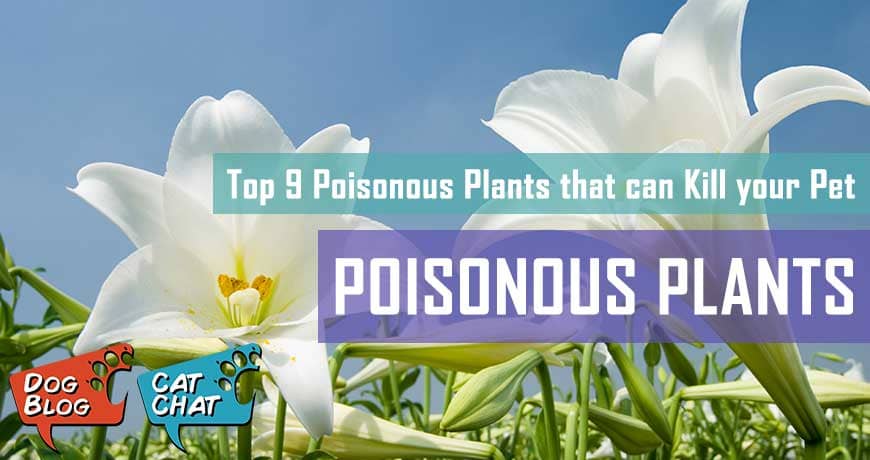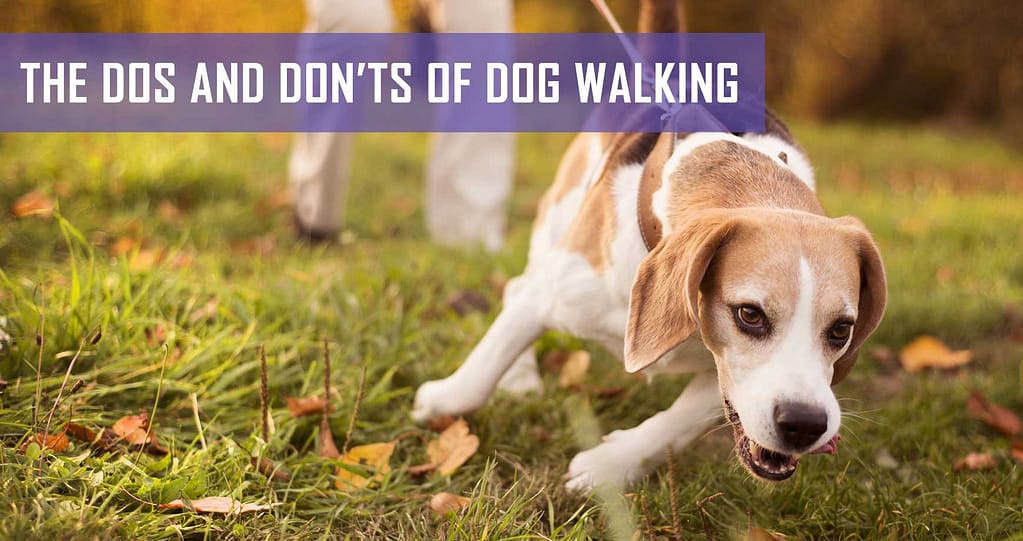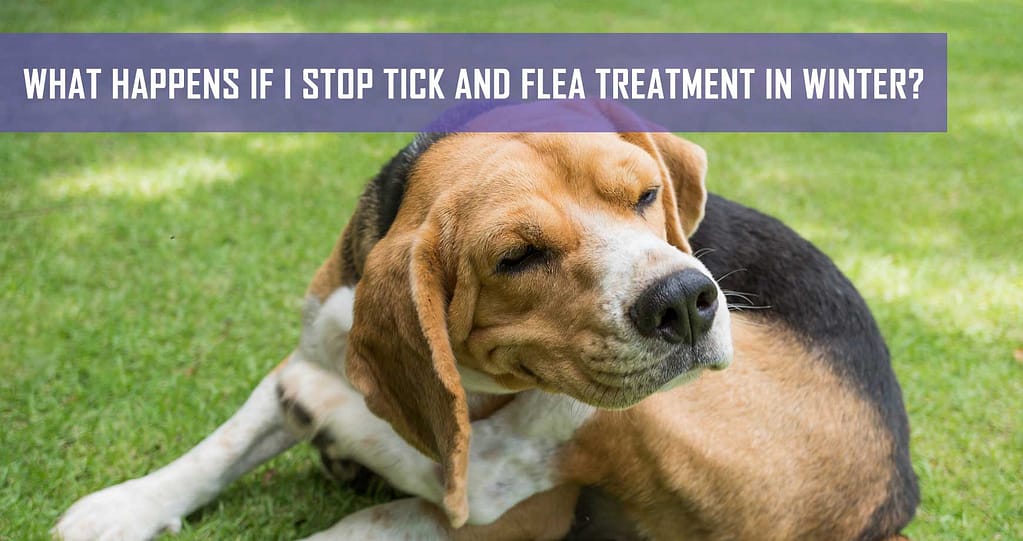Some pet parents will agree: you can’t have a beautiful garden and a new pet – at least not occupying the same space. While your new pet will want to explore the garden with his nose (and his teeth!), there are some garden plants that are very poisonous for dogs and cats, so his destructive exploration should be strongly discouraged.
Signs of poisoning
Before we get into the specifics of which plants are poisonous, it’s important to know that if your pet chews on the stem, flowers or leaves of poisonous plants, he may be affected in different ways.
Some plants will result in oral and gastrointestinal distress – diarrhoea, vomiting, excessive drooling, and trouble swallowing – while others will affect your pet’s nervous system, resulting in tremors, restlessness, disorientation, blindness and even seizures. In many cases, plant toxicosis has a detrimental effect on the liver and kidneys, and pets may die from renal failure and other organ complications.
The point is, poisonous plants are serious. Here are the ones to keep away from your pets:
1. Cycads

We South Africans love our cycads and we love our pets, but the two definitely shouldn’t mix. While all parts of the cycad are not pet friendly, it’s mostly the stems and seeds that cause the most damage. Dogs will lose their appetite and experience other gastrointestinal distress for a day or two, but if not treated properly, they could suffer liver damage and consequent death.
2. Delicious monster
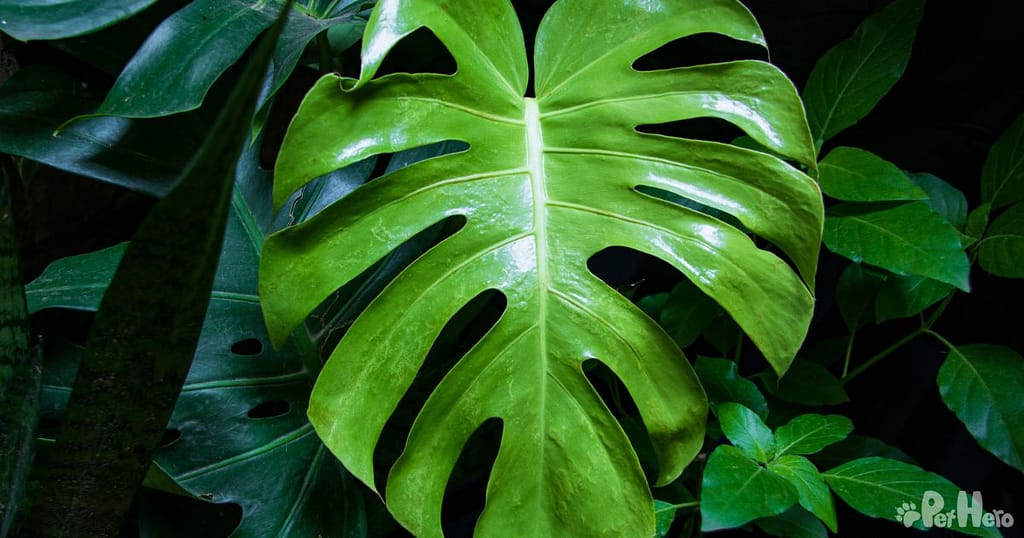
They may look delicious to your pet who wants to take a bite of the stems and leaves, but these plants bite back. Dogs who chew on the leaves will end up with inflamed lips, tongues and mouths because the plant contains calcium crystals that embed in the dog’s mucous membranes. The pain and irritation can cause drooling, vomiting and difficulty swallowing.
3. Cannabis sativa
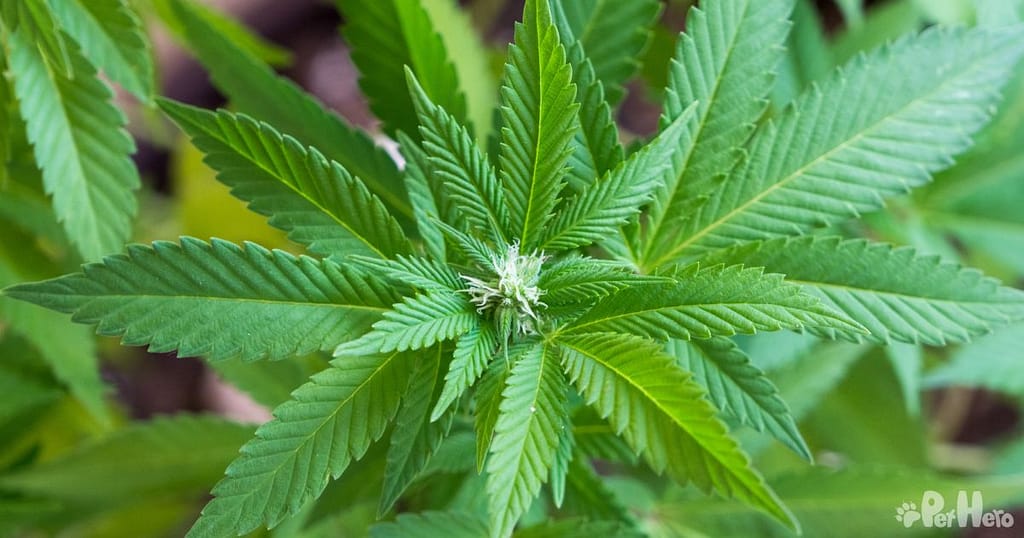
The dagga or marijuana plant is not pet friendly – especially not if you think it’s funny if your dog or cat is ‘goofed’. Whether your pet inhales the smoke, eats the plant, ingests the ‘spliff butt’ or gets their teeth into a ‘space cookie’ (please note the additional chocolate toxicity of a dagga brownie), cannabis is toxic to them. A wide range of symptoms can occur, from depression, lack of coordination, disorientation, weakness, excessive drooling and tremor, to vomiting, panting, incontinence and even coma. Why put your pet through that? In the same vein, if your dog has been exposed to marijuana, don’t be too embarrassed to tell your vet – it will help your dog if you’re 100% honest about why he’s sick.
4. Lilies

Bulbs in the lily family are extremely beautiful, but equally toxic to pets. Cats are especially susceptible to poisoning and the resultant kidney failure within one to three days of ingestion. Whether pets nibble on a leaf or ingest the pollen while grooming, they will be in danger of suffering renal failure.
Plants in this family include arum lilies, clivias, tiger lilies and St. Josephs in particular, but be wary of any decorative bulbs.
5. Yesterday, today and tomorrow

A firm favourite in our gardens, all parts of the yesterday, today and tomorrow are toxic to pets. Symptoms of ingestion include excessive drooling, irritation in the mouth and nose, choking, vomiting, diarrhoea, weakness and anxiety, depression and even seizures.
6. Syringa berry tree

Also called the China berry tree, Persian lilac or seringboom, this is an invader plant that is also cultivated decoratively. The fruits (berries) are very poisonous and can cause tremor, restlessness and depression as well as gastrointestinal symptoms: diarrhoea (could be bloody), vomiting, colic and even constipation. The degree to which pets get sick depends on the volume of berries consumed. Can be fatal if not treated as soon as possible, especially in young pets.
How to protect your pet from poisonous plants
There is a comprehensive document on toxic plants that pose a threat to pets in South Africa. It’s worth taking a look to see how dangerous your garden may be to your pets. If you want to eliminate all the risks, then perhaps it’s time to rearrange things and plant some non-toxic indigenous plants in your garden.
The alternative is to ensure your pets are actively engaged in other activities that prevent them from seeking stimulation and enrichment in the garden. Be sure to keep them engaged with physically and mentally stimulating toys, and keep them properly fed and nourished so they don’t feel the need to chew on your plants. (Some pets seek out greenery to make up for nutrient deficiencies in their diets.)
If any of your pets are showing signs of poisoning or if they seem inexplicably out of sorts, take them to your vet immediately. Keep a list handy of the plants in your garden and keep your vet informed if you think your pets may have been poisoned by any of these plants.

